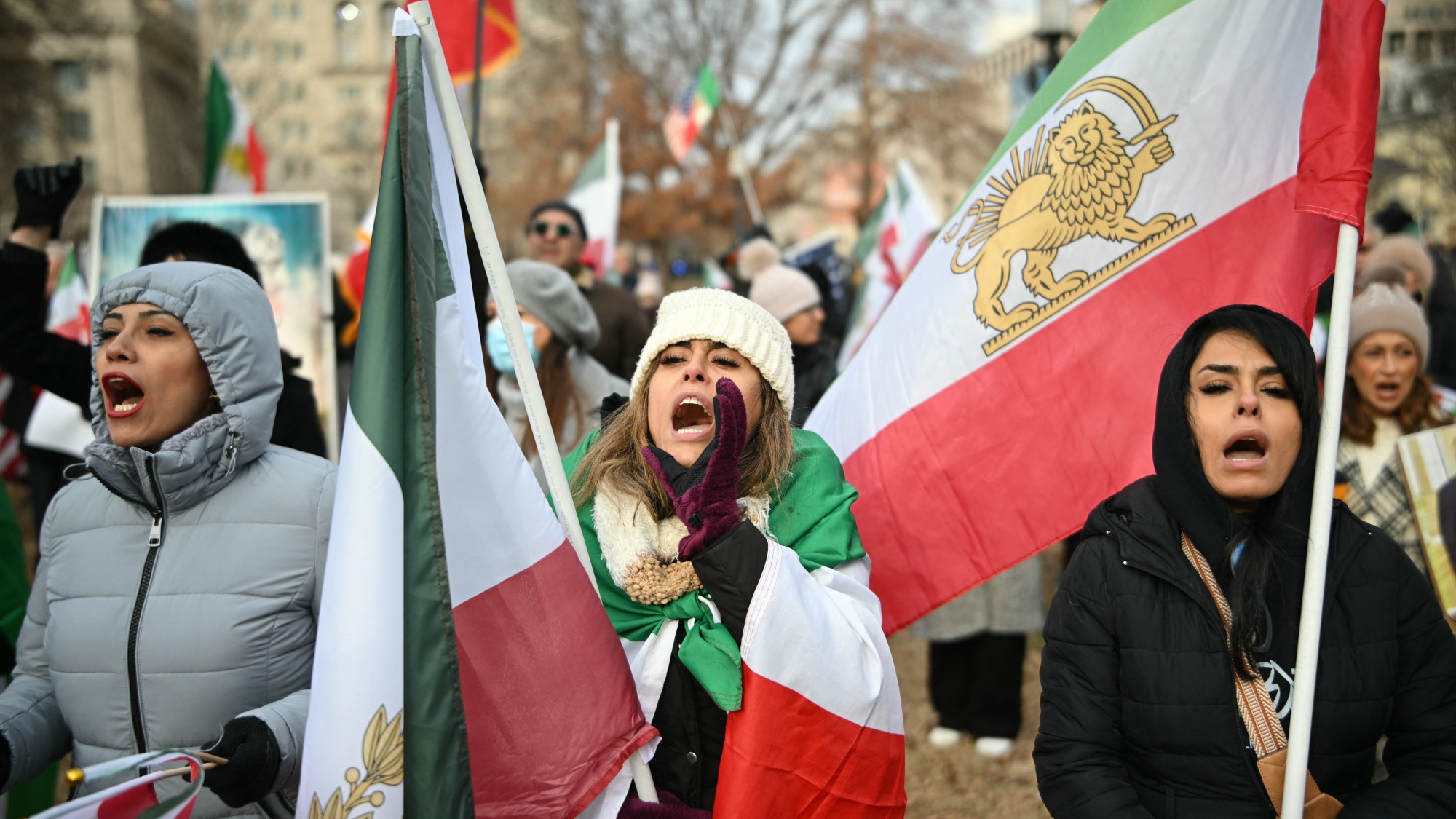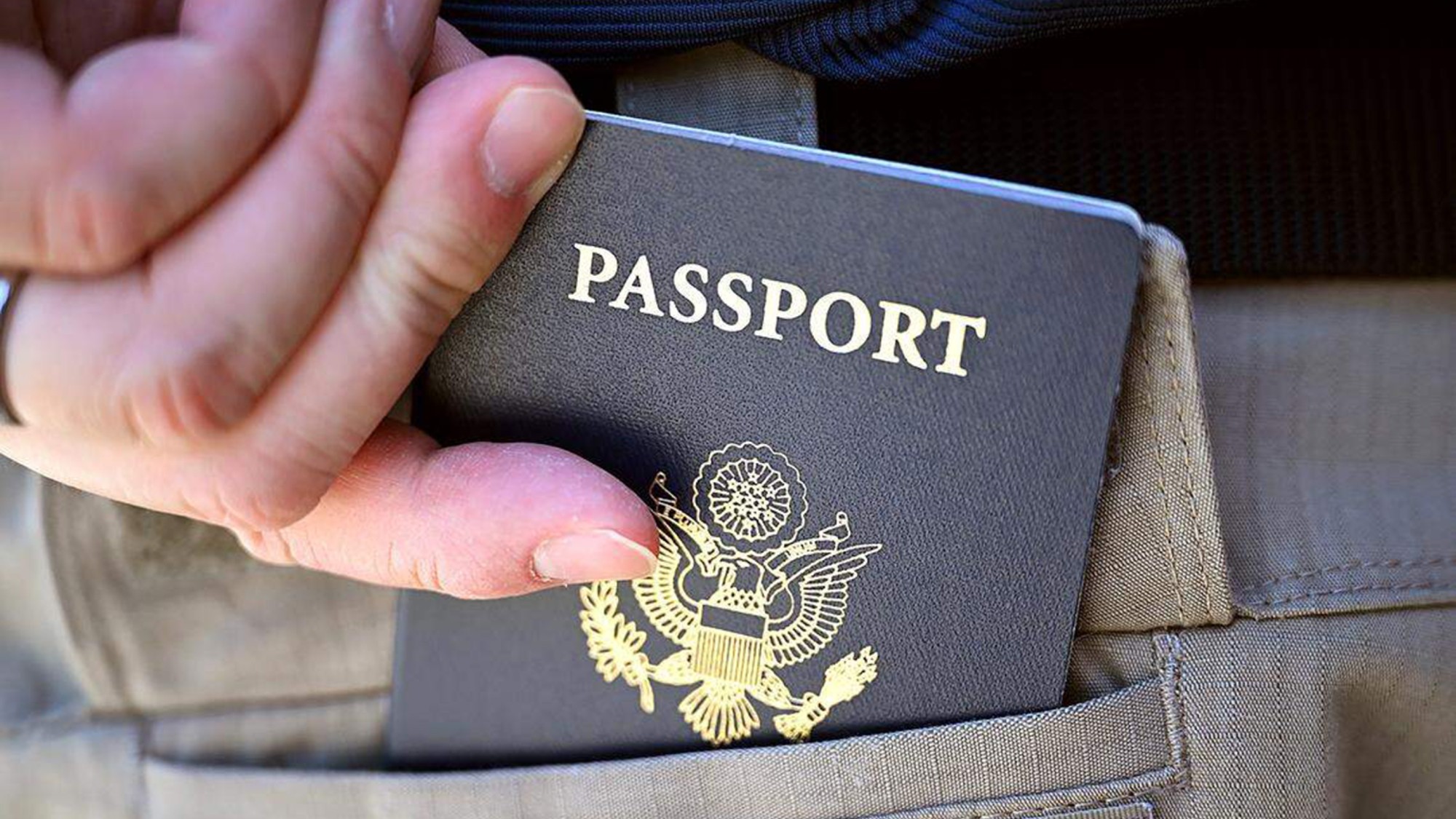Kamala Harris' 'pragmatic' plan for the economy
Tax credits for manufacturing, small businesses, affordable housing


A free daily email with the biggest news stories of the day – and the best features from TheWeek.com
You are now subscribed
Your newsletter sign-up was successful
Kamala Harris entered the race against Donald Trump with one big disadvantage: Voters trust him more on economic issues. Now she is putting forward an economic plan aimed at narrowing the gap.
Harris is promising a "focus on manufacturing and middle-class opportunities," said The Wall Street Journal. The centerpiece: A package of tax credits, totaling $100 million over 10 years, with the intent of "revitalizing factory towns and retooling existing factories" as well as raising wages and encouraging "union partnerships." That's a departure from "traditional free-market views," said the Journal, in favor of a government-led "industrial policy" to compete with China.
Factories aren't the only focus. Harris has a goal of "25 million new small business applications in the first two years" of her White House term, said Forbes. Start-up small businesses currently get an initial $5,000 tax credit — Harris' plan would increase that to $50,000. Tax credits are at the heart of many Harris economic proposals: She is also seeking to expand credits for developers who build affordable housing and to restore the $3,600-a-year pandemic-era child tax credit for parents of young children.
The Week
Escape your echo chamber. Get the facts behind the news, plus analysis from multiple perspectives.

Sign up for The Week's Free Newsletters
From our morning news briefing to a weekly Good News Newsletter, get the best of The Week delivered directly to your inbox.
From our morning news briefing to a weekly Good News Newsletter, get the best of The Week delivered directly to your inbox.
'Practical solutions to problems'
Polls show voters are concerned that Harris is "too liberal," said Politico. The candidate says she is "pragmatic" on economic issues. "I believe we shouldn't be constrained by ideology, and instead, should seek practical solutions to problems," she said in a Pittsburgh campaign speech on the economy. To that end, she also promised to end degree requirements for some federal jobs and reform permitting processes to make it easier for developers to build. But the details of how she'd implement those promises are "still light on specifics," Politico said.
To a great degree, Harris and Trump "have many of the same stated goals for the economy," said The New York Times. Both want to slash regulations and middle class taxes, as well as encourage domestic manufacturing. It's their methods that "diverge sharply." Trump would use the stick of tariffs and import bans to achieve his goals, while Harris would emphasize the carrot of tax breaks. And with moderate stances on issues like capital-gains taxes and cryptocurrency, Harris is trying to "signal that she would be a responsible, pro-growth steward of the economy," said the Times.
How to fix a 'mixed bag' economy?
If this plan is so good, "why hasn't the Biden-Harris administration been following it for the past four years?" Nicole Russell said at USA Today. The economy under that administration is a "mixed bag" — stocks are high and unemployment low, but "tens of millions of Americans say they're struggling" to pay their bills. Harris' economic proposals are "like fixing a flat to plug holes in an economy that desperately needs major repairs," Russell said. She has had four years to make the fixes, but "she hasn't done it."
Trump's advantage over Harris on the economy "has dropped dramatically in recent weeks," said The Washington Post. Early polls showed him with a double-digit lead on the topic — that has now dropped to a six-point edge. "Voters are beginning to give [Harris] the benefit of the doubt," said Frank Luntz, a longtime GOP pollster, "and that's really significant."
A free daily email with the biggest news stories of the day – and the best features from TheWeek.com
Joel Mathis is a writer with 30 years of newspaper and online journalism experience. His work also regularly appears in National Geographic and The Kansas City Star. His awards include best online commentary at the Online News Association and (twice) at the City and Regional Magazine Association.
-
 ‘States that set ambitious climate targets are already feeling the tension’
‘States that set ambitious climate targets are already feeling the tension’Instant Opinion Opinion, comment and editorials of the day
-
 Mixing up mixology: The year ahead in cocktail and bar trends
Mixing up mixology: The year ahead in cocktail and bar trendsthe week recommends It’s hojicha vs. matcha, plus a whole lot more
-
 Labor secretary’s husband barred amid assault probe
Labor secretary’s husband barred amid assault probeSpeed Read Shawn DeRemer, the husband of Labor Secretary Lori Chavez-DeRemer, has been accused of sexual assault
-
 ‘Implementing strengthened provisions help advance aviation safety’
‘Implementing strengthened provisions help advance aviation safety’Instant Opinion Opinion, comment and editorials of the day
-
 How ‘Manchesterism’ could change the UK
How ‘Manchesterism’ could change the UKThe Explainer The idea involves shifting a centralized government to more local powers
-
 ‘Dark woke’: what it means and how it might help Democrats
‘Dark woke’: what it means and how it might help DemocratsThe Explainer Some Democrats are embracing crasser rhetoric, respectability be damned
-
 San Francisco tackles affordability problems with free child care
San Francisco tackles affordability problems with free child careThe Explainer The free child care will be offered to thousands of families in the city
-
 ‘The surest way to shorten our lives even more is to scare us about sleep’
‘The surest way to shorten our lives even more is to scare us about sleep’Instant Opinion Opinion, comment and editorials of the day
-
 Unrest in Iran: how the latest protests spread like wildfire
Unrest in Iran: how the latest protests spread like wildfireIn the Spotlight Deep-rooted discontent at the country’s ‘entire regime’ and economic concerns have sparked widespread protest far beyond Tehran
-
 The Mint’s 250th anniversary coins face a whitewashing controversy
The Mint’s 250th anniversary coins face a whitewashing controversyThe Explainer The designs omitted several notable moments for civil rights and women’s rights
-
 US citizens are carrying passports amid ICE fears
US citizens are carrying passports amid ICE fearsThe Explainer ‘You do what you have to do to avoid problems,’ one person told The Guardian
